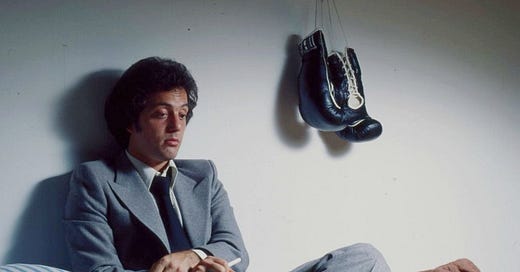A thought dawned on me as I was driving today in my grandmother’s old car. A white 2006 Honda Civic, it has a beige interior and smells like all old cars eventually start to smell, something about the way that the leather wears over the years, I suppose.
Cars are now an exception amongst modern products in that they are one of the few widely proliferated technologies that still take years to turn over. Apple wants you to exchange your iPhone for a new one after just twelve monthly payments, but you can find an old car driving next to you just about every single time you go for a drive. The newest cars on the road at any given moment are probably older than your iPhone, that’s just the way cars work, or rather the way phones and most other technologies do. Smaller, faster, constantly replaced, always brand new.
The 2006 Honda Civic was released in September of 2005, almost two years before January of 2007 when Steve Jobs unveiled the iPhone on stage at the Moscone Center in San Francisco. In other words, I’m stuck listening to the radio while I drive—my grandmother’s 2006 Honda Civic does not support Bluetooth audio and my iPhone 12 Pro Max famously no longer has a headphone jack. Luckily I’ve settled on 102.7 FM, also known as 102.7 The Beach, an 80s-heavy radio station with a remarkably low amount of ads.
Billy Joel’s We Didn’t Start the Fire started playing. Harry Truman, Doris Day, Red China, Johnnie Ray, South Pacific, Walter Winchell, Joe DiMaggio. Released in 1989, it chronicles 118 significant events of the previous 40 years—the entirety of Joel’s life up to that point.
As Billy Joel rattled off names, the thought dawned on me. I’m not sure we could write a song like that today. It has been almost a whole other 40 years since the song was released (same year that the Soviet Union fell) and we’re not even remotely close to being able to write a song like that, I don’t think. What are you going to do, substitute Marilyn Monroe for Kylie Jenner? Elvis Presley for Justin Bieber?
I don’t know, I wonder if over the last forty years what we have seen is an adulteration of culture.1 Everything feels fake now. Everything is cheaper. Transactional. On the whole, it’s all much more forgettable. When’s the last time you thought about a TV show from a few years ago? How long until you forget about White Lotus? Do you realize that there will be four Avatar movies released in the next six years?
I don’t know. Culturally, I want less iPhones and more cars.2
To debase or make impure by adding inferior materials or elements; use cheaper, inferior, or less desirable goods in the production of.
Maybe this has been slowly getting worse for a very long time now. Houellebecq in The Map and the Territory:
The fundamental idea of the Pre-Raphaelites was that art had begun to degenerate just after the Middle Ages, that from the start of the Renaissance it had cut itself off from any spirituality, any authenticity, to become a purely industrial and commercial activity, and that the so-called great masters of the Renaissance—be they Botticelli, Rembrandt, or Leonardo da Vinci—behaved in fact exclusively as the heads of commercial enterprises. Exactly like Jeff Koons or Damien Hirst today, with an iron hand the so-called great masters of the Renaissance ruled workshops of fifty, even a hundred assistants, who chain-produced paintings, sculptures, and frescoes. They just gave general guidelines, signed the finished work, and above all devoted themselves to public relations with the patrons of the moment—princes or popes.




